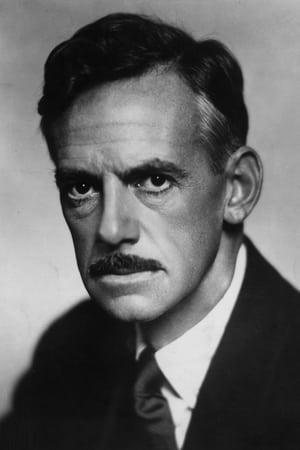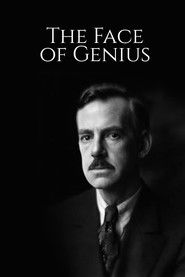Eugene O'Neill
Eugene Gladstone O'Neill (October 16, 1888 – November 27, 1953) was an American playwright and Nobel laureate in literature. His poetically titled plays were among the first to introduce into U.S. drama techniques of realism earlier associated with Russian playwright Anton Chekhov, Norwegian playwright Henrik Ibsen, and Swedish playwright August Strindberg. The tragedy Long Day's Journey into Night is often numbered on the short list of the finest U.S. plays in the 20th century, alongside Tennessee Williams's A Streetcar Named Desire and Arthur Miller's Death of a Salesman. O'Neill's plays were among the first to include speeches in American English vernacular and involve characters on the fringes of society. They struggle to maintain their hopes and aspirations, but ultimately slide into disillusionment and despair. Of his very few comedies, only one is well-known (Ah, Wilderness!). Nearly all of his other plays involve some degree of tragedy and personal pessimism. Description above from the Wikipedia article Eugene O'Neill, licensed under CC-BY-SA, full list of contributors on Wikipedia.

Public Speaking
as Self (archive footage)A feature-length documentary starring Fran Lebowitz, a writer known for her unique take on...
Movie pageThe Monte Cristo Cottage: Boyhood Home of Eugene O'Neill
as HimselfThe new and restored documentary introduces visitors to the early life and works of O’Neill, his...
Movie pageThe Face of Genius
as Self (archive footage)The Face of a Genius is a 1966 American documentary film about Eugene O’Neill, produced by...
Movie page

